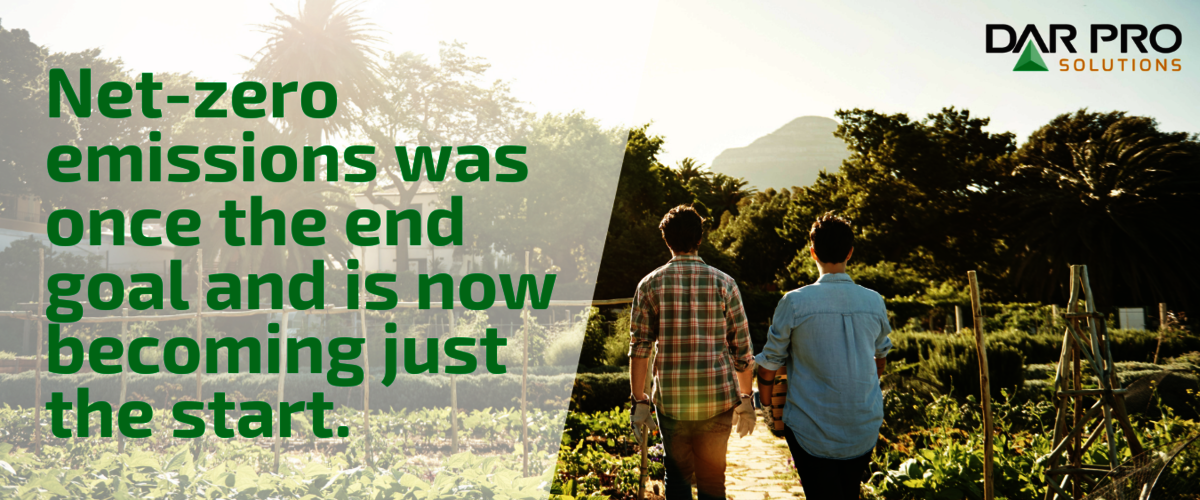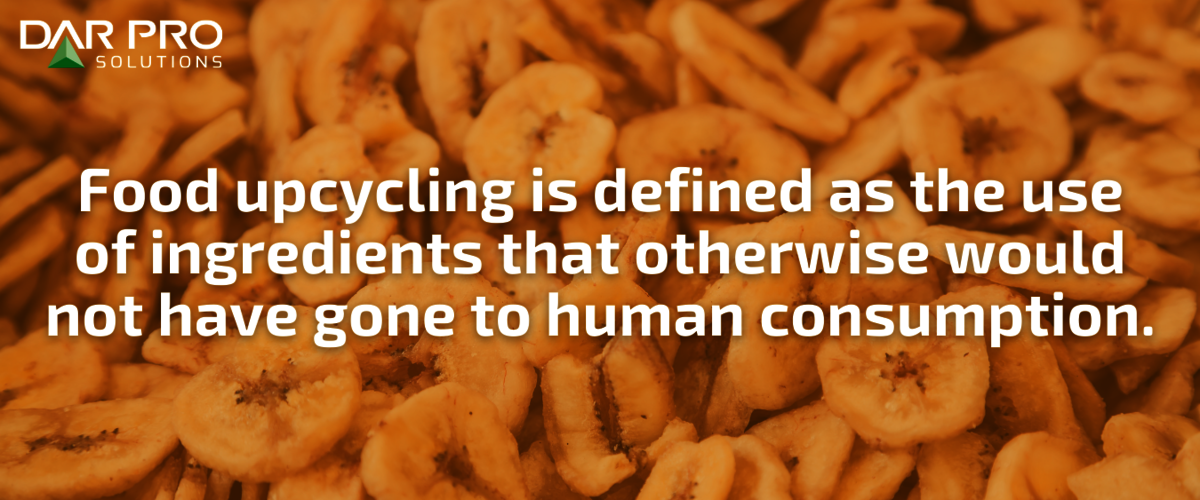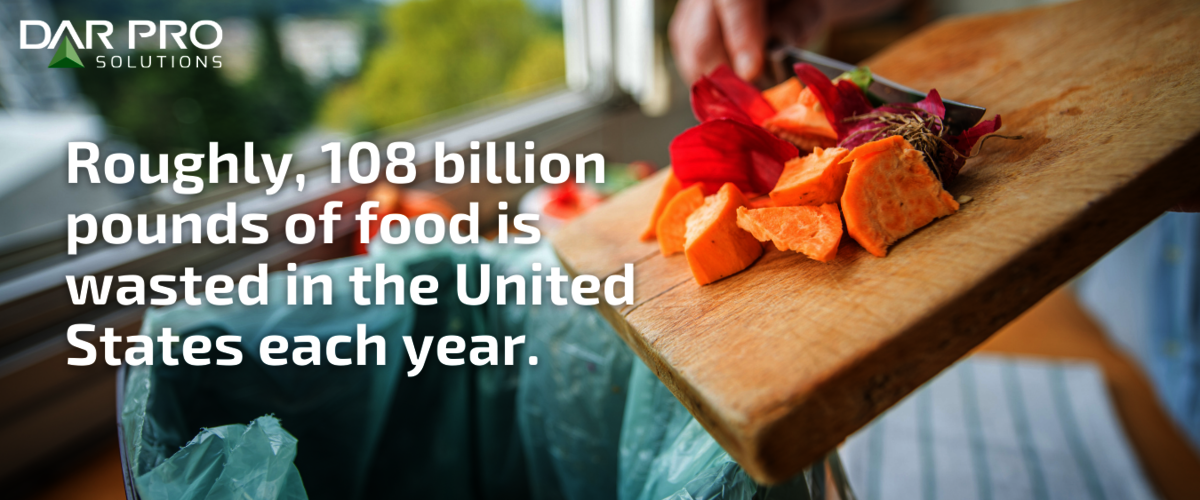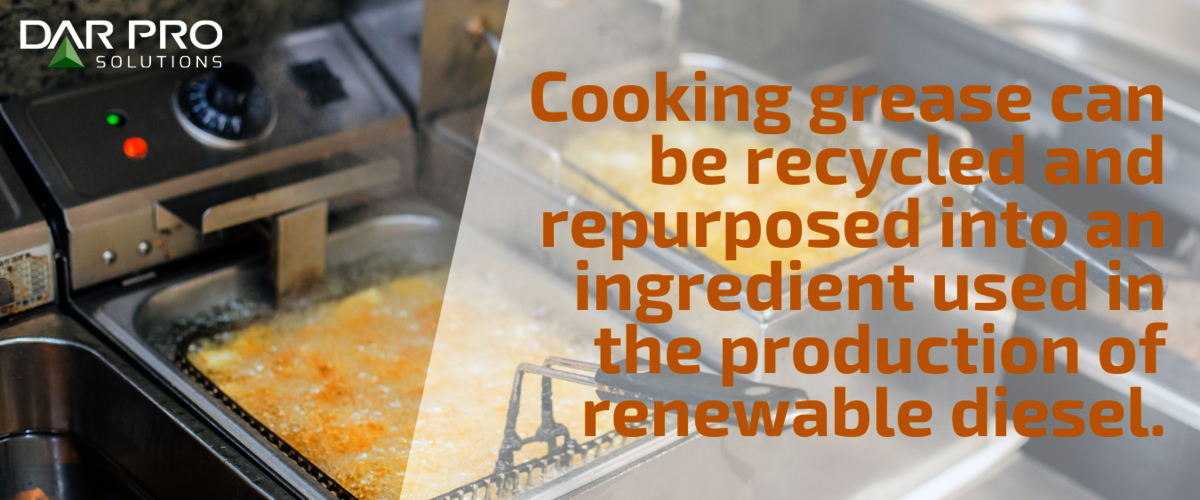Legislation will force companies to disclose climate/emissions risk
While many companies across the globe are proactive in their approach to becoming more sustainable, local and federal legislation is working to force their hand, or at the very least, ensure there is accountability regarding how businesses operate. We are already starting to see more local, state and federal legislation emerge requiring companies to disclose their climate-risk. Generally speaking, this legislation requires businesses and facilities to disclose energy use, including greenhouse gas emissions, water usage, waste disposal methods, and a more detailed report on the environmental impact of products they make.
Earlier this year, the state of Colorado joined New York and California in passing an energy performance standard bill. This legislation requires owners of large buildings to collect and report the building’s energy use annually to the state’s energy office. Certain electric and gas utilities are also required to provide energy-use data to building owners when requested.
Similar bills will be drafted and passed across the country over the next year and beyond. It will change how businesses operate and help hold them accountable in their eco-friendly practices and energy use as the world becomes more conscious about the need to curb emissions and protect the health of the planet.

Climate positive will replace net-zero
Over the course of the last half decade, the net-zero initiative has become more mainstream with companies as they’ve constructed plans to either significantly reduce their emissions output or curb it entirely by a certain year. This initiative now seems like more of a starting point than an end goal, as you are seeing companies strive to be a climate-positive operation, meaning that not only do they not produce carbon emissions, but they are also actively removing existing CO2 and other harmful gases from the environment. Companies are not satisfied with being carbon-neutral and are taking additional steps to remove greenhouse gas emissions from the atmosphere.
Companies are doing this in a variety of ways, from turning these gas emissions into something else of value, to tree planting, restoring organic matter in soil and the sequestration of carbon emissions. Net-zero emissions was once the end goal and is now becoming just the start as companies are looking for ways to actively benefit the environment rather than reduce the ways in which it harms it.
Restaurant menus will become more sustainable
The restaurant industry has been affected by the sustainability movement as heavily as any other sector. Restaurant menus are becoming more condensed, with rotating items made from locally sourced ingredients. This not only makes the food taste better, but locally grown ingredients help curb harmful emissions by reducing the number of miles ingredients must travel. They also are also fresher by the time they get to the restaurant, which extends their shelf life and helps reduce food waste from unused ingredients.
Often, these menus feature healthier, more sustainable meat alternatives. Veganism has seen an uptick over the last couple of years in part due to it being better for the environment. Soy-based meat alternatives emit fewer emissions than producing beef.
Restaurant menus are shrinking, locally sourced ingredients are more popular, and more people are cutting out meat, which ultimately leads to fewer harmful emissions. This trend will continue grow in the years to come.
Food upcycling will become more popular
You might not have heard of this trend, but it is quickly growing into an effective, sustainable way to reuse what might otherwise be waste. Food upcycling is defined as the use of ingredients that otherwise would not have gone to human consumption, to procure and produce food to have a positive impact on the environment. While trash being turned into food might sound gross on the surface, that’s far from the case. Coffee beans that are often thrown out in abundance can be used to produce gluten-free flour, cookies and other bread or flour-based items. Pizza can be made from leftover olive leaves and recycled fruit can make banana chips. There are countless examples of food waste that can be upcycled into something else.

This trend is growing exponentially, and you might soon see upcycled food labeled in grocery stores. The Upcycled Food Association is a nonprofit group that was created in 2019. The organization recently created certification standards and a logo that producers can display on packaging to show shoppers that their purchase can help fight food waste. The logo signifies that at least 10 percent of the product’s ingredients by weight have been upcycled. Be on the lookout on your next couple of grocery store trips for items marked with a black and white sticker with a small green leaf. That signifies it is an upcycled product.

Roughly, 108 billion pounds of food is wasted in the United States each year. That is more than $161 billion worth of food thrown, according to Feed America. nearly 40% of all food in America is wasted. The possibilities are endless when it comes to upcycling.
Urban farming will become more popular
Where restaurants are buying their ingredients from is changing. Where those ingredients are grown and how they are grown is changing too. Urban farming is a practice that is on the rise. Urban gardening is the growth of crops in heavily populated areas. It differs from traditional gardening in the sense that the crops are grown to be sold rather than for personal consumption.
Urban farming is a more sustainable option because it conserves water and provides an option for locally sourced ingredients, eliminating the need to ship ingredients longer distances. Roughly 30 percent of food waste is produced during transit. Closing the distance that the ingredients must travel not only reduces carbon emissions via transportation, it helps eliminate food waste. Urban farming is a trend that is on the rise.
Petroleum alternatives are on the rise
Petroleum diesel releases a heavy amount of carbon emissions into the atmosphere. Some states are beginning to introduce legislation that would establish a low carbon fuel standard. This, along with proactive efforts from corporations to seek a healthier alternative has put biofuels in high demand. Biofuel, particularly renewable diesel, burns cleaner than petroleum and can help reduce carbon emissions by up to 85 percent per gallon, and it can be made from used cooking oil in restaurants.
Used cooking oil is an essential part of any restaurant that deep fries food. It has to go somewhere, and it ending up in a landfill is detrimental to the environment. Cooking grease can be recycled and repurposed into an ingredient used in the production of renewable diesel. A reputable used cooking oil service provider will collect your grease for you and some even convert it into fuel themselves.

The world is becoming more eco-conscious, and these environmental trends are just a few of the many that will continue to grow over the next year and beyond.
DAR PRO Solutions handled used cooking oil recycling for restaurants across the country. We have long been a leader in the sustainability industry as we take the hassle out of handling your used cooking oil while helping restaurants meet their sustainability goals.
Call us 24/7/365 at 855-DAR-PRO1 (855-327-7761).
Contact Sales
For customer service inquiries call our toll free number (855) 327-7761
By submitting this form I agree to the privacy policy including the usage of contact details to contact me for marketing purposes.
11/22/2021
